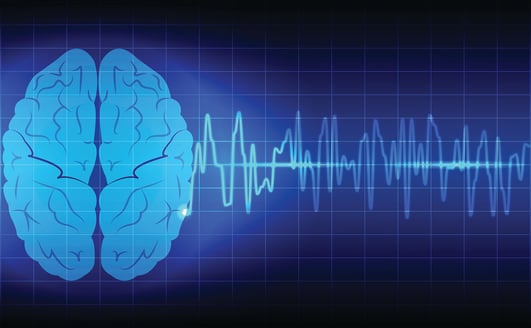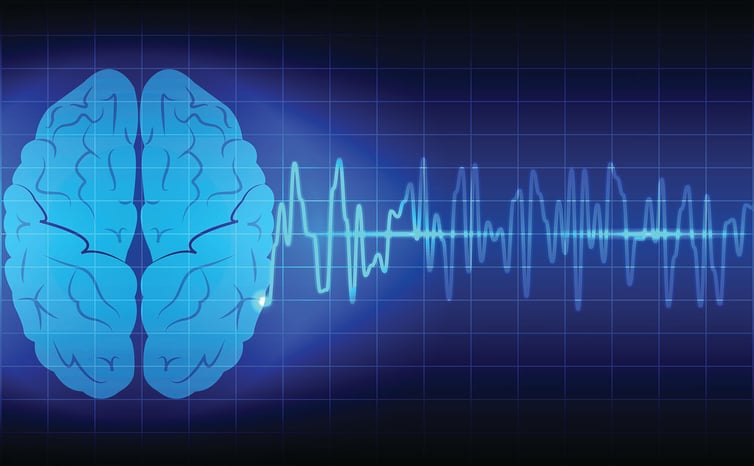The brain is the most complex organ God created in the human body. It gives us the ability to think, feel, store memories, and most importantly, seek Him. Our brains miraculously coordinate all the actions and reactions in every cell, every minute of every day. In order to function properly, the brain requires blood flow and oxygen.
Stroke is a sudden loss of brain function caused by either an interruption in blood flow to the brain (ischemic stroke) or a bleeding or ruptured blood vessel in the brain (hemorrhagic stroke). This lack of blood or oxygen to the brain can cause serious problems. The CDC reports that every 40 seconds someone in the United States has a stroke; that equals more than 795,000 people. More than 130,000 Americans will die from stroke each year.

The very good news is that 80 percent of strokes can easily be prevented. Be sure to come back next week to learn simple lifestyle changes that prevent strokes.
Time is critical when a stroke occurs and it is important to recognize the signs and get medical help quickly. The sooner treatment is received the better the recovery a person can expect. An easy acronym to remember the three most common signs is F.A.S.T.
F= Face – one side of the face drooping or an uneven smile
A= Arms – weakness in one arm
S= Speech – slurred or strange speech
T=Time – If any of these symptoms are present, you should call 911 immediately
These are not the only signs of a stroke and symptoms may vary among individuals. Since every minute counts, knowing the signs is important to alert you to seek medical help immediately if any of the following are apparent:
- Paralysis or Weakness- As previously mentioned, this is very common on one side of the face, but numbness can also occur in the arms or legs. Even full muscle failure may occur. If you suspect stroke, ask the person to smile. A non-symmetrical look will immediately let you know something is wrong.
- Loss of Balance or Dizziness- When someone is having a stroke it may become very difficult to walk or even sit up without falling. Many individuals experience a vertigo effect and feel as if they are spinning. This may result in nausea and even vomiting.
- Difficulty Speaking- Stuttering or slurred speech and difficulty forming sentences or even words can occur during a stroke. It is likely that the individual will also have a look of confusion on their face.
- Impaired Vision- During a stroke, a person may suddenly have trouble seeing, double or blurred vision, or complete loss of sight.
- Trouble Swallowing or Gagging- Lack of oxygen to the brain affects sensations of the tongue. In addition, muscles in the throat and mouth may be weakened, making swallowing difficult. This lack of reflex can cause choking when trying to eat.
Some warning signs may even happen before, sometimes days before, a stroke. Pay attention to these three signs:
- Extreme Headache- A sudden severe headache or debilitating migraine sometimes accompanied with vision problems, like seeing spots that won’t go away.
- Loss of Feeling- An absence of feeling on the skin may gradually increase in the days leading up to a stroke. This is also dangerous because trouble detecting hot and cold could lead to burns.
- Sudden Confusion- A new unexplained lack of understanding may be one of the first signs as it may be present days before a stroke. Even if these confusion spells come and go, seek medical attention.
Even earlier than these warning signs is high blood pressure. Most stroke victims will present with this symptom. It is important to have your blood pressure checked regularly since as many as 1 in 6 adult Americans have high blood pressure but are unaware of it.
Remember, different people show different signs and symptoms of a stroke. Identifying any warning signs and indications will allow you to respond quickly. Protect that precious brain that God so masterfully created, and call 911 at the first sign of a stroke as every minute counts.
Be sure to read our follow-up article on 5 Ways to Decrease Your Risk of Stroke.






